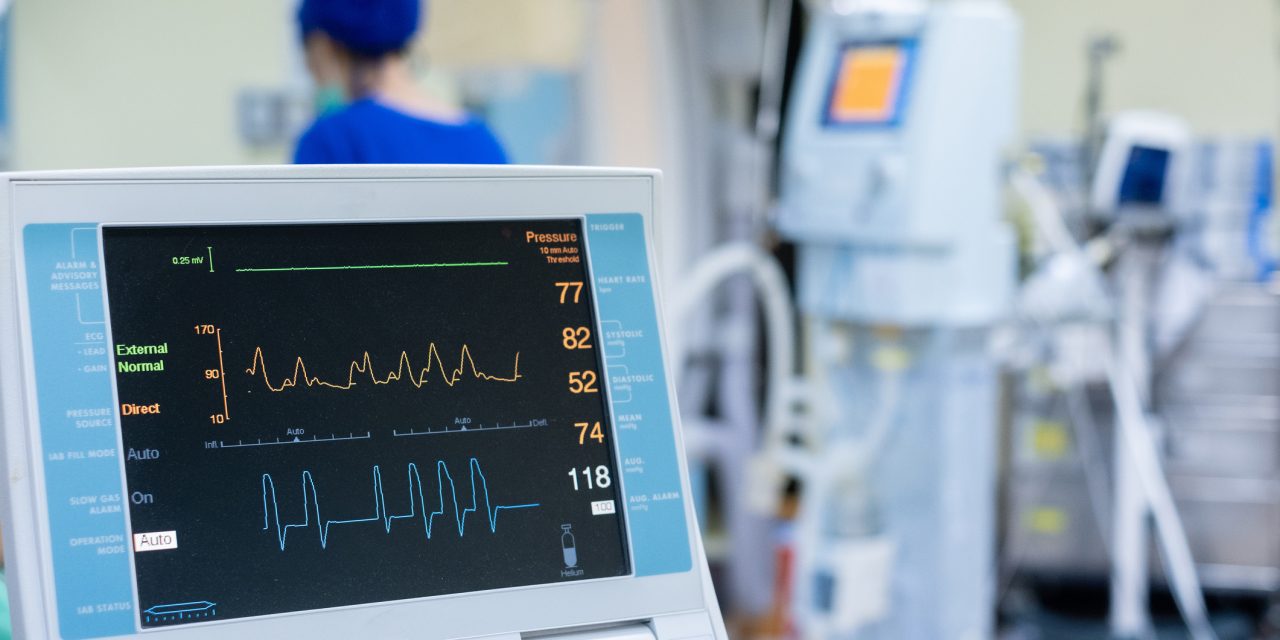COVID-19 has been associated with cardiovascular complications including acute cardiac injury, heart failure and cardiogenic shock. The role of veno-arterial extracorporeal membrane oxygenation (VA-ECMO) in the event of COVID-19-associated cardiovascular collapse has not yet been established. We reviewed existing literature surrounding the role of VA-ECMO in the treatment of coronavirus-related cardiovascular collapse. COVID-19 is associated with higher incidence of cardiovascular complications compared to previous coronavirus outbreaks (SARS-CoV, MERS-CoV). We found only one case report from China where COVID-19-associated fulminant myocarditis and cardiogenic shock (CS) was successfully rescued using VA-ECMO as a bridge to recovery (BTR). We identified potential clinical scenarios (cardiac injury, myocardial infarction with and without obstructive coronary artery disease, viral myocarditis, and decompensated heart failure) leading to CS and risk factors for poor/uncertain benefit (age, sepsis, mixed/predominantly vasodilatory shock, prothrombotic state and/or coagulopathy, severe acute respiratory distress syndrome, multi-organ failure or high-risk prognostic scores) specific to using VA-ECMO as BTR in COVID-19 infection. Additional considerations and proposed recommendations specific to the COVID-19 pandemic were formulated with guidance from published data and expert consensus. A small subset of patients with cardiovascular complications from COVID-19 infection may progress to refractory CS. Accepting that resource scarcity may be the overwhelming concern for healthcare systems during this pandemic, VA-ECMO can be considered in highly selected cases of refractory CS and echocardiographic evidence of biventricular failure. The decision to initiate this therapy should take into consideration availability of resources, perceived benefit as well as risks of transmitting disease.© 2020 Published by Elsevier Inc. on behalf of the Canadian Cardiovascular Society.
Cardiovascular Collapse in COVID-19 Infection: The Role of Veno-Arterial Extracorporeal Membrane Oxygenation (VA-ECMO).


